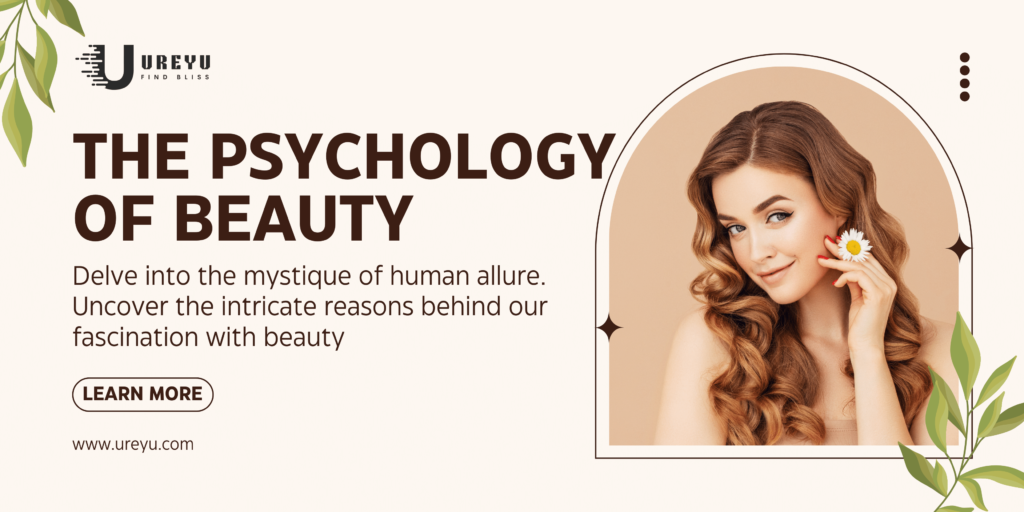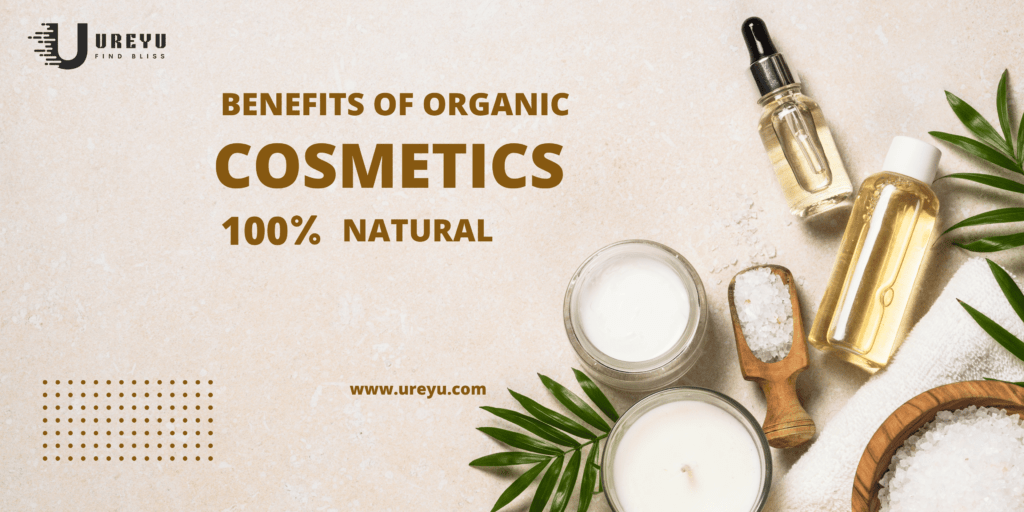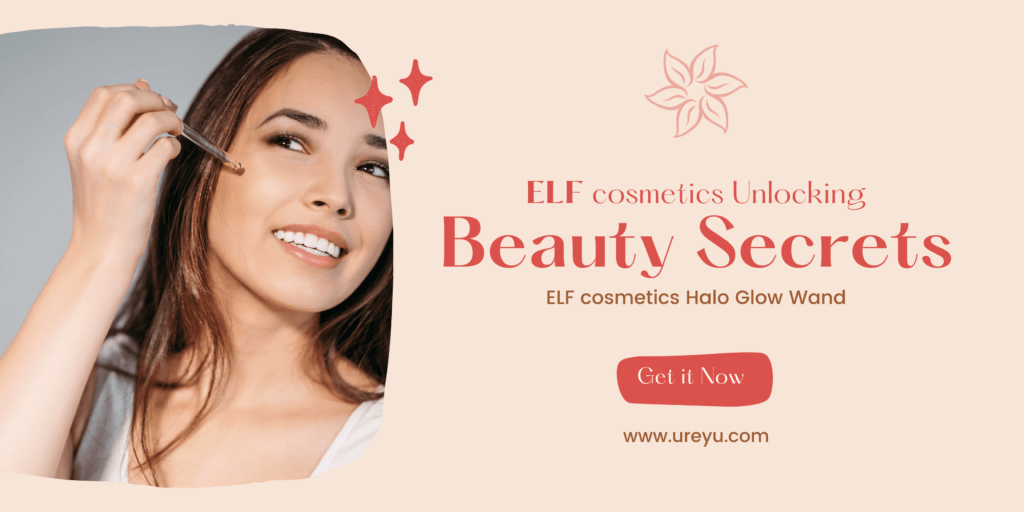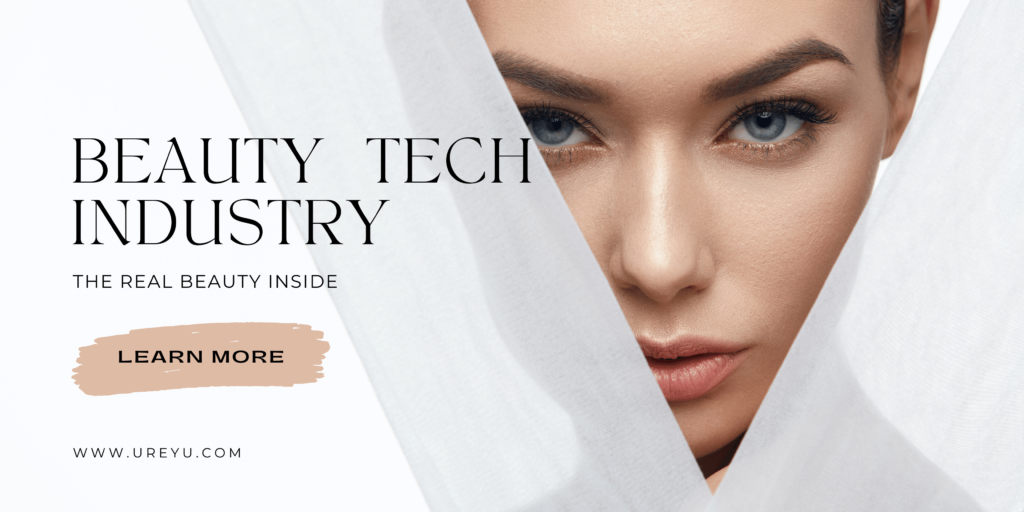Table of contents
Introduction
Beauty as a Universal Fascination
Welcome to the fascinating world of beauty! In this article, we are going to unravel the mysteries behind why we are so drawn to the concept of beauty. Whether we like it or not, being good-looking comes with its fair share of advantages. And guess what? This preference for attractiveness starts at a very young age!
The Impact of Attractiveness in Various Aspects of Life
From the moment we are born, our appearance plays a crucial role in how we are treated. That’s right, even as tiny little bundles of joy, attractive babies receive more affection from their mothers. As we grow older, the benefits of being good-looking continue to pile up. Teachers favor attractive students and perceive them as smarter. Attractive adults are more likely to get paid better and have better luck in the dating game. It’s like being attractive is the universal key to success!
But why are we so fixated on beauty? Stay tuned to find out!
The Science Behind Beauty Perception
The Science Behind Beauty Perception
Ah, beauty, the eternal fascination. We are drawn to it like moths to a flame, like Kanye West to a mirror. But have you ever wondered why? Well, it turns out that our brains are hardwired to detect beauty. Yes, you heard that right. Our brains are not only capable of solving complex mathematical equations and coming up with witty remarks, but they also double as beauty detectors. Talk about multitasking!
In fact, studies have shown that we can judge the attractiveness of a face within milliseconds of laying eyes on it. That’s even faster than the time it takes for you to decide whether to swipe left or right on Tinder. Impressive, right? But wait, it gets even better. Despite beauty being subjective, there is actually considerable agreement on what makes a face attractive across individuals and cultures. It’s like we all attended the same beauty pageant and agreed on the winners.
But how does that actually happen? Well, the brain is a powerful information processor. It takes into account various factors like symmetry, facial proportions, and even how well-groomed someone is. It’s like our brains are playing a game of “Hot or Not” on a subconscious level. And boy, are they good at it. In fact, studies have shown that even when we’re not consciously aware of seeing a face, we can still accurately judge its attractiveness. It’s like our brains have a secret little beauty radar.
So, the next time you find yourself being mesmerized by a face, just know that it’s not just your personal taste. It’s your brain giving you the seal of approval. And remember, beauty is not just in the eye of the beholder, it’s also in the intricate workings of our amazing brains. So, keep on appreciating the beauty around you, and maybe even give your brain a high-five for being such a fantastic beauty detector. You go, brain!
Beauty and Social Interactions
Beauty and Social Interactions
Attractiveness in Early Stages of Life
Ah, the perks of being a cute baby. It turns out that even at such a tender age, attractiveness plays a role in how we are treated. Mothers tend to shower more affection on their adorable little ones, and who can blame them? Those cherub-like faces are just irresistible. So, if you were an ugly baby, sorry to break it to you, but you might not have gotten as many cuddles as your good-looking counterparts. But hey, let’s not dwell on that. Remember, there’s always someone out there who will appreciate your unique charm.
The Influence of Attractiveness in Academic Settings
Teachers sure have a soft spot for good-looking students. Research suggests that they tend to favor attractive students over their less attractive peers and even perceive them to be smarter. Now, this explains why that stunningly gorgeous person always seemed to get away with not doing their homework, while the rest of us mere mortals couldn’t catch a break. But fear not, my fellow average-looking comrades, our intellect and perseverance will shine through eventually. That hotshot might have some advantages now, but in the long run, it’s our hard work that will truly set us apart.
The Advantages of Being Attractive in the Workplace
Oh, the ultimate dilemma – should we work on improving our skills or just invest in improving our appearance? Turns out, being attractive gives you a leg up in the workplace. It’s unfair, I know, but studies have shown that attractive adults tend to earn more and enjoy greater success in their careers. So, while the rest of us are toiling away, trying to prove our worth with our skills, those pretty faces are busy cashing in on their genetic lottery winnings. But hey, at least we can take comfort in knowing that we are truly valued for our talents and not just our looks. Right?
Let’s face it (pun intended), attractiveness plays a significant role in our lives. From the moment we are born, society subtly rewards those blessed with good looks. But fret not, my friends, for true success lies beyond physical appearance. While attractiveness may open a few doors, it is our character, skills, and perseverance that will truly make a difference. So, let’s focus on being the best version of ourselves, both inside and out, because in the end, that’s what really matters. After all, beauty may be in the eye of the beholder, but true worth goes far beyond what meets the eye.
The Legal System and Beauty Bias
The Legal System and Beauty Bias
Ah, the legal system. The place where justice is blind…unless you happen to be drop-dead gorgeous. Yes, my friends, it turns out that attractiveness can play a significant role in the courtroom. Looks like even judges can’t resist a pretty face.
Let’s talk about favoritism. Studies have shown that attractive individuals are more likely to receive preferential treatment in courtrooms. It’s like being good-looking is a get-out-of-jail-free card. I guess it really does pay to be easy on the eyes.
But it doesn’t stop there. Oh no, attractiveness also has an impact on guilt and punishment. Juries, the good people responsible for determining a person’s fate, are less likely to find attractive individuals guilty. And if they do happen to find them guilty, they often recommend lighter punishments. It’s like the legal system has its own version of “hot privilege”.
Now, you might be wondering why this is the case. Well, it’s all about perception. Our brains are wired to equate beauty with goodness. It’s like we assume that attractive people couldn’t possibly be capable of doing anything wrong. I mean, how can someone steal your heart and also be a thief?
But let’s not forget that beauty is a subjective matter. What one person finds attractive, another might not. So, it’s essential to keep in mind that these biases can vary from person to person and culture to culture. After all, beauty is in the eye of the beholder…or in this case, the judge.
In conclusion (pun intended), the legal system isn’t immune to the power of beauty. It’s a sad reality that attractiveness can influence how individuals are treated and perceived in courtrooms. So, if you ever find yourself in legal trouble, maybe it’s time to invest in some beauty products. After all, you never know when it might come in handy.
Factors Influencing Attractiveness
Factors Influencing Attractiveness
Have you ever wondered what makes someone attractive? Is it their physical attributes or the way they present themselves? Well, let’s dive into the factors that influence attractiveness and uncover the secrets behind that magnetic pull.
Physical Attributes and Grooming
Physical attributes and grooming play a significant role in determining attractiveness. Let’s face it – we are all guilty of judging a book by its cover. Society has conditioned us to believe that a beautiful face is a gateway to a beautiful soul. From flawless skin to well-groomed hair, these physical attributes often become the introductory paragraph of our first impression.
But it’s not just about the face – body shape and size also contribute to perceived attractiveness. We all have our preferences when it comes to body types, whether it’s the classic Hollywood hourglass figure or a more athletic physique. However, the key lies in feeling confident and comfortable in one’s own skin. After all, pull-up-the-shorts-and-strut-your-stuff confidence is universally attractive.
Wealth and Social Status
Now, let’s talk about wealth and social status. Money can’t buy you love, but it might just buy you attractiveness points. Let’s be honest, folks – having a few extra digits in the bank account can help enhance your physical appearance. Expensive clothes, accessories, and trips to the salon can work wonders. But hey, don’t get disheartened if your pockets aren’t overflowing. Remember, true attractiveness comes from within and cannot be measured in dollar signs.
So there you have it – the factors that influence attractiveness. But let’s take a moment to reflect. Attractiveness is subjective, and everyone has their own unique preferences. Embrace who you are, whether you fit society’s standards or not. Confidence and authenticity are what truly make you attractive – and that’s something money can’t buy!
Now that we’ve revealed the secrets, let’s move on to exploring the ever-changing definition of beauty and the fascinating cultural variations in beauty standards. Stay tuned for more intriguing insights!
Beauty Standards Across Cultures and Time
Beauty Standards Across Cultures and Time
Ah, the ever-elusive concept of beauty. It’s like trying to catch a floating cloud or hold a rainbow in your hand. Good luck with that! Beauty standards have always been a moving target, constantly shifting and changing with the whims of society.
In today’s world, we’re bombarded with images of flawless, airbrushed models who seem to have emerged from an alternate universe where body insecurities don’t exist. But let’s not fool ourselves, my friends. This quest for perfection is a never-ending battle that leaves most of us feeling inadequate. Thanks a lot, media!
But here’s the thing: beauty standards haven’t always been this way. In fact, they’ve evolved over time, shaped by cultural influences and social norms. What was considered beautiful in ancient times might be completely different from what we cherish today.
Take the Renaissance period, for example. Artists like Leonardo da Vinci spent hours perfecting their portraits of women with pale skin, round faces, and plump figures. Fast forward to the Victorian era, and suddenly pale skin was out, while a tiny waist and a corset were all the rage. Talk about a rollercoaster ride!
And let’s not forget about the impact of culture on beauty standards. What may be considered attractive in one part of the world might raise an eyebrow in another. From the fair-skinned geishas of Japan to the curvy goddesses of Africa, beauty truly knows no boundaries.
Conclusion
We all know that beauty is a universal fascination. It’s no secret that attractive people have it easier in life. From the moment we’re born, our looks play a significant role in how we’re treated and perceived. Mothers shower more affection on attractive babies, teachers favor good-looking students, and attractive adults have better success in dating and mating. It seems like being good-looking gives you an automatic advantage in almost every aspect of life.
But have you ever wondered why we’re so drawn to beauty? Well, it turns out that our brain is wired to detect attractiveness. In fact, studies have shown that our brain can judge the appeal of a face within milliseconds, even before we consciously register it. There is a remarkable consensus across cultures about what constitutes a beautiful face, which suggests that there is some universal standard of beauty.
Beauty not only influences our personal lives but also plays a significant role in our social interactions. Whether it’s in school or at work, attractive individuals tend to be treated better and enjoy several advantages. In academic settings, teachers perceive attractive students as smarter and often give them preferential treatment. In the workplace, attractive people earn more money and have higher levels of job success. It’s clear that being attractive has its perks.
In conclusion, beauty is a powerful force that influences our lives in more ways than we realize. It shapes our social interactions, impacts our success in various domains, and even affects our experiences within the legal system. While beauty may be subjective to some extent, there are undeniable patterns and preferences that we can’t ignore. So, the next time you catch yourself being drawn to someone’s good looks, remember that it’s not just superficial – it’s human nature. Life may not be fair, but at least we’ll always have beautiful faces to admire.





This is really interesting, You’re a very skilled blogger. I’ve joined your feed and look forward to seeking more of your magnificent post. Also, I’ve shared your site in my social networks!
I am impressed with this internet site, rattling I am a fan.
When I originally commented I clicked the -Notify me when new comments are added- checkbox and now each time a comment is added I get four emails with the same comment. Is there any way you can remove me from that service? Thanks!
I have not checked in here for a while because I thought it was getting boring, but the last several posts are good quality so I guess I¦ll add you back to my everyday bloglist. You deserve it my friend 🙂
Thank you for sharing with us, I believe this website genuinely stands out : D.